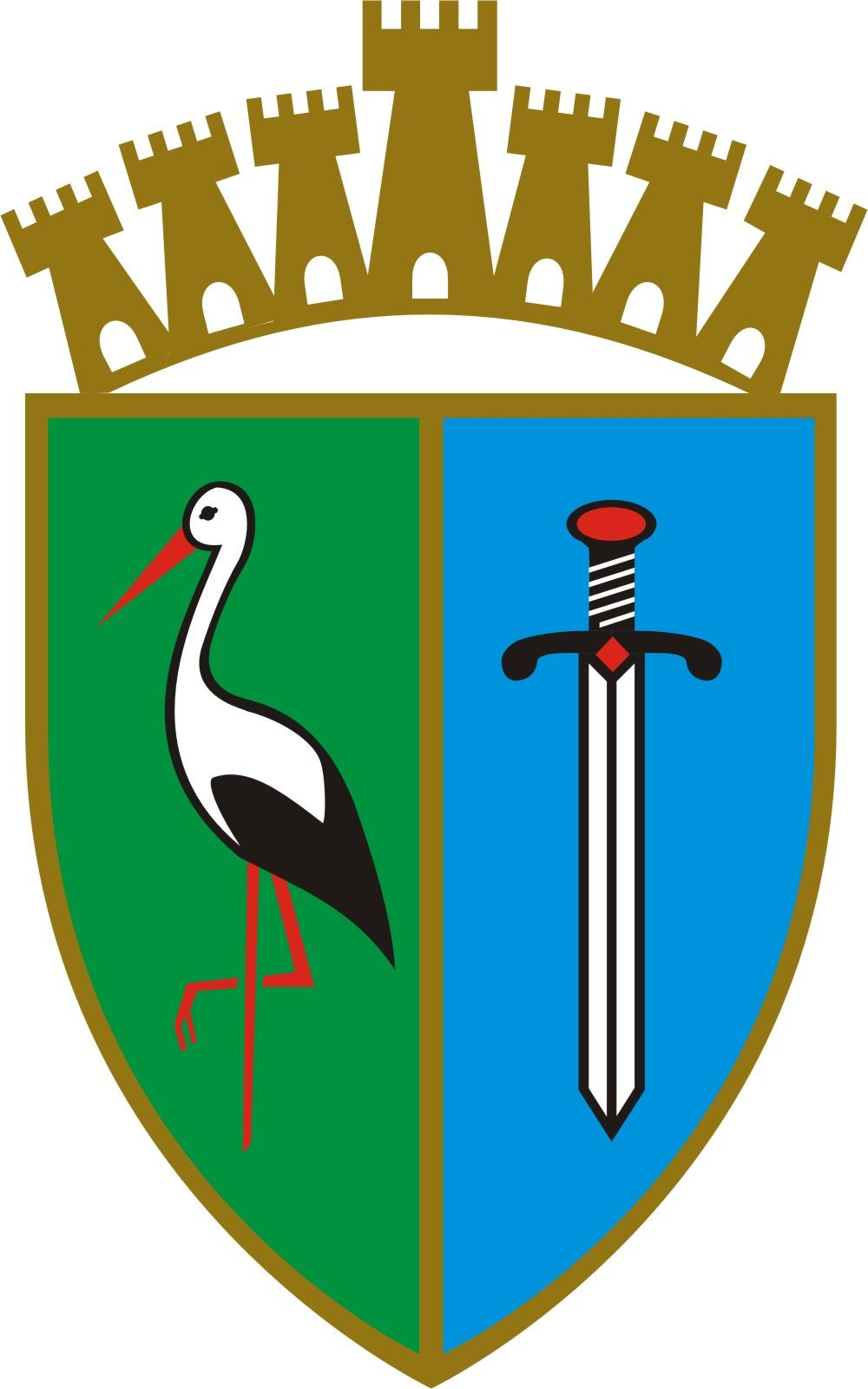Wine Tasting

본문

Wine Tasting
What occurs at a wine tasting?
A wine tasting is an event where people can sample and consider numerous wines. This experience is designed to reinforce the understanding and appreciation of different wine varieties, flavors, and aromas.

Key Components of a Wine Tasting
- Selection of Wines: Participants are usually introduced with a range of wines, which may embody reds, whites, rosés, 유흥 and typically sparkling wines.
- First Impressions: Tasters observe the wine's colour, clarity, and viscosity by swirling it in the glass.
- Aroma Assessment: Before tasting, members sniff the wine to determine varied aromas, which often embrace fruity, floral, earthy, or spicy notes.
- Tasting: A small amount of wine is taken in, permitting tasters to assess flavors, texture, and stability. Swishing the wine within the mouth may help to reveal further nuances.
- Conversation and Evaluation: Participants focus on their impressions, noting traits corresponding to sweetness, acidity, tannins, and finish.
- Food Pairing Suggestions: Often, wine tastings will embody food pairings that complement the wines being sampled.
Benefits of Wine Tasting
- Enhances sensory expertise and appreciation for wine.
- Educational expertise regarding completely different wine areas, grape varieties, and winemaking techniques.
- Opportunity to discover private preferences in wine choice.
- Social experience, fostering connections with others who share an curiosity in wine.
Overall, a wine tasting is usually a pleasant and informative experience, permitting participants to explore the world of wine more deeply.
What not to say at a wine tasting?
Attending a wine tasting could be a pleasant experience, but it’s necessary to method it with the proper demeanor. Here are issues you should avoid saying:
- "I only drink cheap wine."
- "I can't style the difference between purple and white."
- "This wine tastes similar to grape juice."
- "Isn't wine simply fermented grape juice?"
- "I don’t care in regards to the region, so long as it's alcohol."
- "Wine is overrated; I favor beer."
- "How a lot will this value me?"
- "I can’t consider individuals truly pay for this."
- "I at all times simply select the label I like."
- "This is nothing like the wine I drink at residence."
Remember, wine tastings are a chance to understand the intricacies of wine and share experiences with fellow fanatics. Staying respectful and open-minded will improve your experience!
What is the tactic of wine tasting?
Wine tasting is each an art and a science, requiring a strategic approach to totally recognize the complexities of different wines. Here’s an effective technique to reinforce your wine tasting expertise:
- Select the Right Setting: Choose a quiet, well-lit surroundings to focus on the wine with out distractions.
- Use Appropriate Glassware: A good wine glass enhances the aromas and allows for proper swirling.
- Observe the Wine: Begin by analyzing the colour and clarity. Hold the glass towards a white background to evaluate its hue.
- Swirl the Wine: Gently swirl the wine in the glass to launch its aromas. This aeration helps to unlock the wine's full potential.
- Smell the Wine: Take a moment to inhale the bouquet. Identify the aromas present, which can embrace fruity, floral, spicy, or earthy notes.
- Taste the Wine: Take a small sip and let it linger on your palate. Pay consideration to the flavors, texture, acidity, tannins, and end.
- Reflect and Compare: Consider the wine's complexity and how it compares to different wines. Make notes on what you want or dislike about each.
By following this strategy, you can cultivate a deeper appreciation for wine and enhance your tasting expertise over time.

댓글목록0
댓글 포인트 안내